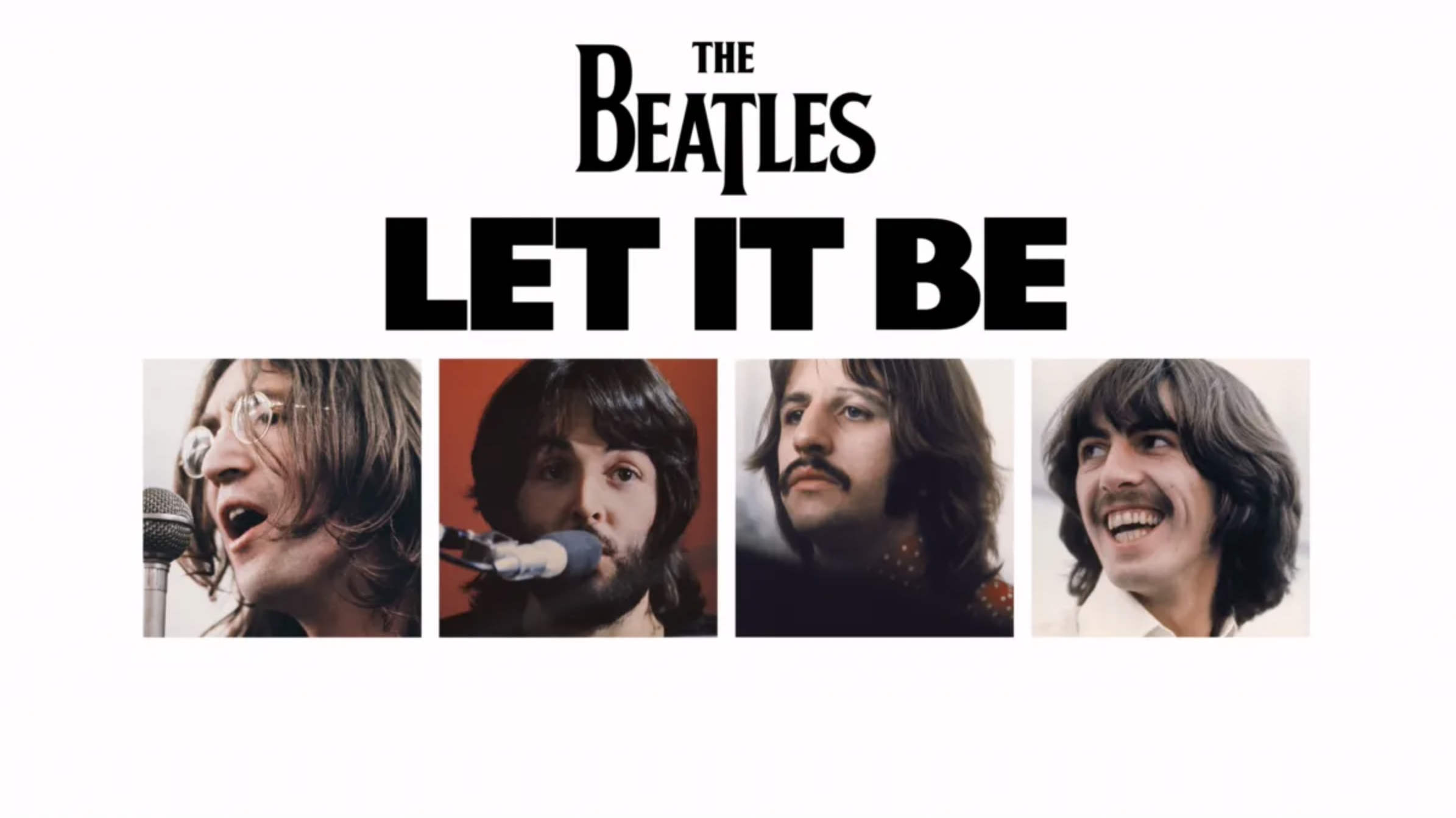"It was shocking because they still thought of the Beatles as the mop-tops": Let It Be director Michael Lindsay-Hogg on that Paul vs George argument and his newly restored "break-up" movie
"For them it was business as usual"
The original Let It Be movie's timing couldn't have been better - or worse.
The people went to see Let It Be with sadness in their hearts
Michael Lindsay-Hogg
Released in May 1970, just a month after the official confirmation that the world's favourite band was breaking up, the doc, which shadowed the band's apparently tumultuous Let It Be album project was, according to director Michael Lindsay-Hogg, unfairly viewed through that dark lens.
“I have always thought it’s uplifting, and the perception was colored by when it came out the first time,” Lindsay-Hogg recently said of the movie, which was withdrawn from theatrical distribution in 1974.
"The people went to see Let It Be with sadness in their hearts, thinking, ‘I’ll never see the Beatles together again. I will never have that joy again,’" he told Rolling Stone earlier this year, "and it very much darkened the perception of the film.”
"I really have been advocating for 50 years for it to come out again.," the 84-year-old director told Spin. "In the ‘80s, it looked like it could come out again...
"Once we came into the ‘90s, it didn’t look like it would really have any future, because Apple the company, not the Beatles so much, were looking at other ways of promoting Beatles music and Beatles projects.
That went on until the early part of the 21st century, when Peter Jackson got involved with constructing Get Back."
Now, for the first time since 1974, it's received a limited theatrical re-release in sparkling reconditioned form, thanks to much of the same MAL tech that Jackson used to restore the project's many hours of unused footage to piece together 2021's epic Get Back, as well as being available to stream on Disney+.
Get the MusicRadar Newsletter
Want all the hottest music and gear news, reviews, deals, features and more, direct to your inbox? Sign up here.
Discussing how the Beatles' occasionally tense interactions came across at the time, Lindsay-Hogg maintains that viewers were simply unprepared for the reality of four grown artists clashing and working creatively.
"It was shocking because they still thought of the Beatles as the mop-tops," he told Rolling Stone this week. "People still saw them as the Ed Sullivan Beatles, the way they were when they started. People thought they were so cute and adorable
"But they weren’t cute and adorable. They were four tough kids from Liverpool who’d learned their craft playing in hotel-cum-brothels in Hamburg.
"I mean, they were tough. They grew up in Liverpool, which was a tough city. It’s like growing up in Detroit or somewhere. Somewhere, that toughness always comes out.
"But when people went to see Let It Be, the Beatles had just broken up, and so people were watching the movie trying to discover the reasons why they’d broken up, looking for things that weren’t there, because it was such a big issue for a lot of people."
Of the infamous 'argument' between Paul and George, which many singled out as the movie's most telling scene, symptomatic of the band's implosion, Lindsay-Hogg said, "That’s really what you could look at as an artistic discussion between musicians. It’s the same in the theater, the same kind of things the actors say when they talk about a scene.
"'Are you really going to say the line that way? You can’t say it like that.’ ‘But if you say it like this, I can’t have my reply the way I want to do it.”
"For them, it was business as usual."
• Let it Be is streaming in all its restored glory on Disney+ now.
• And if you haven't already, you really should wallow in Peter Jackson's epic Get Back, also on Disney+


I'm lucky enough to be MusicRadar's Editor-in-chief while being, by some considerable distance, the least proficient musician on the editorial team. An undeniably ropey but occasionally enthusiastic drummer, I've worked on the world's greatest music making website in one capacity or another since its launch in 2007. I hope you enjoy the site - we do.
"Reggae is more freeform than the blues. But more important, reggae is for everyone": Bob Marley and the Wailers' Catch a Fire, track-by-track
“Part of a beautiful American tradition”: A music theory expert explains the country roots of Beyoncé’s Texas Hold ‘Em, and why it also owes a debt to the blues









